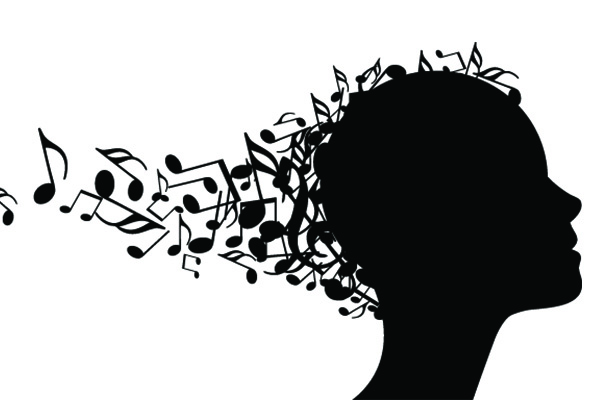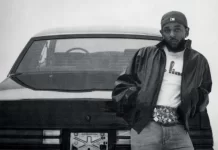What is the definition of Emo? Is it the musical embodiment of Hot Topic stores? Is it, perhaps, an onomatopoeia, because the word “emo” sounds like a whine? Is it a word that MTV just made up? Is it a word that people just made up? Is it even a thing?
Honestly, I have no idea. I just know that it is a polarizing term, almost as polarizing as the term heavy metal. For some, it is a term that induces vomiting. For others, it is a nostalgic term, a term that brings back vivid memories of adolescence. Like the name suggests, emo is supposed to evoke emotions, especially drastic emotions. But, isn’t most music aimed to evoke motions? I mean, with that kind of description, emo could be any genre of music. How the heck am I supposed to distinguish what is emo and what isn’t?
Years ago, I decided to consult a good friend of mine, who is an aficionado on all kinds of music… the Internet. From what I’ve gathered, emo is a more emotional offshoot of hardcore punk. Early bands such as Rites of Spring and Embrace, both important parts of the DC punk scene, approached songwriting in a more emotionally conscious fashion than their contemporaries. The reason that the definition of emo became so ambiguous was because through the years, bands became influenced by these bands.
For example, the 90s spawned two approaches to emo: The evermore-controversial screamo and the “regular” emo. Screamo, obviously, was more aggressive, sporting very high-pitched shrieks and its soundscapes (band recommendations: Pg. 99, Saetia). The regular old emo is a style of indie rock that also glorifies the focus of emotions (band recommendations: Sunny Day Real Estate, American Football, Braid).
Two different styles aren’t hard to keep track of, right? Well, in the later 90s and early 2000s, things got complicated. Many different bands were being called emo even though they didn’t play music that was very similar to the aforementioned two styles. Bands that weren’t as dramatic when it came to emotion now received the “emo” tag. This was where bands like My Chemical Romance, Dashboard Confessional, and AFI emerged. In my opinion, none of these bands sound extremely similar to each other, let alone the bands that pioneered this genre of music. These bands, nonetheless, were brought into the mainstream.
Closer to the mid 2000s, emo dwindled in popularity as electronic music invaded the radio airwaves. Fast forward to present day, and there is a resurgence of aspiring emo artist that are rapidly gaining popularity in the underground. For example, bands like Pianos Become the Teeth and Touché Amoré borrow major influence from late 80s punk and early 90s screamo, while bands like You Blew It and Tigers Jaw borrow from emotionial indie rock. All of these are great bands, but none of them sound alike.
“So Michael,” you might say, “you’ve vented about a genre of music you particularly like. Why should we care?” Actually, I THINK I talked about a genre of music I like that has an ambiguous history.
This brings me to my next point: I still don’t know what emo is. I just know that there are some bands I enjoy that happen to be classified as emo. This whole issue of emo is a testimony to how useless labels can be. A label that was designed to classify has actually been bastardized to confuse. Sure, one may use a tag to help them discover music that would’ve otherwise been extremely difficult to find without the nomenclature. Just don’t be a “strict interpreter.” In fact, just say, “I want the band that sounds like this band.” Nobody is certain about anything concerning the genre, so don’t confuse yourself.






